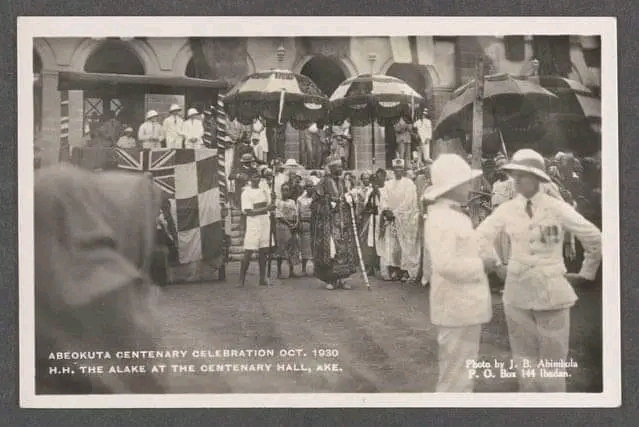𝗪𝗛𝗬 𝗗𝗘𝗦𝗖𝗘𝗡𝗗𝗔𝗡𝗧𝗦 𝗢𝗙 𝗧𝗛𝗘 𝗔𝗞𝗢𝗞𝗢-𝗜𝗞𝗔𝗟𝗘 𝗔𝗥𝗘 𝗙𝗢𝗥𝗕𝗜𝗗𝗗𝗘𝗡 𝗙𝗥𝗢𝗠 𝗘𝗔𝗧𝗜𝗡𝗚 𝗣𝗢𝗥𝗖𝗨𝗣𝗜𝗡𝗘𝗦 𝗢𝗥 𝗘𝗩𝗘𝗡 𝗦𝗧𝗘𝗣𝗣𝗜𝗡𝗚 𝗢𝗡 𝗧𝗛𝗘 𝗙𝗜𝗡𝗦
The belief is that any woman that violates this rule would have her skin afflicted with various skin diseases before her eventual death.
It is only among the people of the Ise quarter in Ifira-Akoko in the whole of Akokoland that a replication of this totem was discovered.
Ise women and wives of Ise men at Ifira-Akoko are forbidden from eating or touching the porcupine.
𝐑𝐄𝐀𝐒𝐎𝐍𝐒:
The reasons why the porcupine is revered among the Akoko-Ikale and the people of Ise in Ifira Akoko are also interrelated.
𝐇𝐈𝐒𝐓𝐎𝐑𝐘:
During the period of the trans-Atlantic slave trade, which occasioned incessant attacks by the militarily powerful kingdom of Benin on Akokoland, the Ise quarter in Ifira-Akoko was heavily depopulated.
When it was discovered that it was mainly the men that were being seized and carted away, the women of Ise quarter rose up in defense of their male folks by using a porcupine to make sacrifice to the Òrìṣàs in order to ward off the attacks of the Benin marauders.
It is generally believed that this religious sacrifice ended Edo military incursions and, as a way of commemorating this event, the porcupine became venerated. To this day, no woman must eat porcupine, touch it or step on its fins at Ise quarter.
According to oral sources, dire adverse skin conditions culminating in death await any violator.
𝐎𝐑𝐈𝐆𝐈𝐍 𝐎𝐅 𝐀𝐊𝐎𝐊𝐎-𝐈𝐊𝐀𝐋𝐄, 𝐑𝐄𝐋𝐀𝐓𝐈𝐎𝐍𝐒𝐇𝐈𝐏 𝐖𝐈𝐓𝐇 𝐀𝐊𝐎𝐊𝐎 𝐀𝐍𝐃 𝐓𝐇𝐄 𝐏𝐄𝐎𝐏𝐋𝐄 𝐎𝐅 𝐈𝐒𝐄 𝐐𝐔𝐀𝐑𝐓𝐄𝐑 𝐈𝐍 𝐈𝐅𝐈𝐑𝐀-𝐀𝐊𝐎𝐊𝐎:
The story among the Akoko-Ikale is that when their ancestors came to Ikale-land from their original home in Akoko, they either forgot or deliberately ignored the custom that forbids women from having anything to do with porcupine.
Consequently, female children started dying in droves. The Ifá divination was consulted and this revealed that they must revert to the old practice that forbids the eating of porcupine.
They were further directed to make rituals and sacrifices with this animal to appease the Òrìṣà. This instruction was carried out and since then, the female children of the Akoko-Ikale women and those women married to Akoko-Ikale men have been barred from eating porcupine.
Looking for further corroboration, we found out that, apart from a com mon or shared Oriki and the totemic attribute between the Akoko-Ikale and the people of Ise quarter in Ifira-Akoko, there are also striking similarities in family names, dialects, festivals, and religious roles. For instance, in Ikale land the Akoko-Ikale are generally referred to as Akoko.
There is no doubt that this nomenclature corroborates the fact that they are from Akoko-land.
Again, five of the most prominent family names among the Akoko-Ikale are found among the people of Ise quarters in Ifira-Akoko:
Oguntimehin, Fagunwa, Oguntusin, Akinbuli, and Akindeko.
Source :: Think YORUBA first on Twitter








































.jpg)